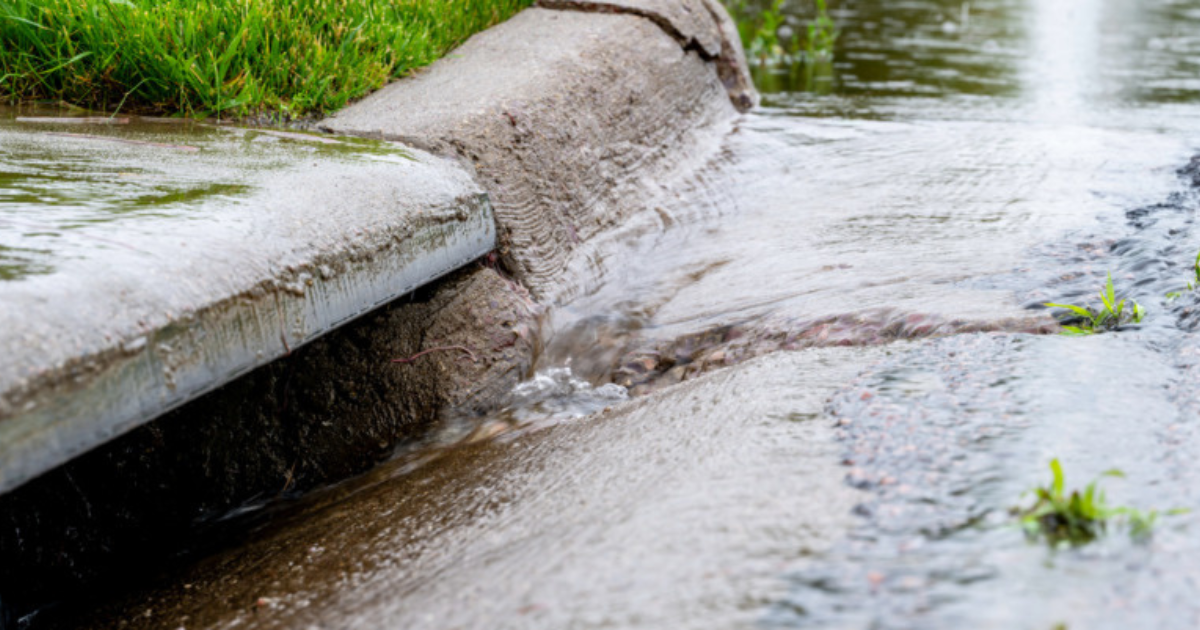Keep an eye out for marine visitors
SUMMER has ended and the hopeful end to the long-running easterly onshore winds are in sight.
However, some marine animals are not budging and may still be an issue as the winter months approach.
Due to a recent influx of onshore and easterly wind patterns, the predominant summer wind has mixed with the warmer water temperatures seeing a jump in blue bottle stings and sightings across the region.
Residents along the coast have spotted the blue beasts along Torquay, Ocean Grove, Anglesea, Point Impossible and Fairhaven beaches.
Some locals have said their dogs and children had been stung over the past couple of months and warn that people need to be vigilant when encountering the creatures.
Blue bottles are common throughout Australia and particularly in this region during the warmer summer months.
The creature relies on wind to get around and can be found on exposed ocean beaches after strong onshore easterly winds.
Even though there are no known fatalities from a blue bottle encounter in the Southern Hemisphere, a sting can still be incredibly painful, potentially dangerous and pose health risks for a person in contact.
The Department of Environment, Land, Water and Planning (DELWP) are asking people to be aware and avoid being stung by the animals.
“The appearance of bluebottles are a consequence of prevailing easterly winds and currents, pushing these open ocean animals into the Bass Strait, with some washing up on our beaches,” a DELWP spokesperson said.
“Bluebottles can deliver a painful sting when the tentacles make contact with bare skin, even when washed up dead on the beach, so we remind everyone to be careful.”
If stinging occurs, leave the water immediately and wash off any adherent tentacles with salt water.
If any tentacles are still attached to the skin, gently lift them off with tweezers or a gloved hand to minimise more stinging capsules from being fired.
It is also recommended to not rub the area with wet sand or towel, or wash with alcohol or vinegar as this will only make the pain and injury worse.
Surf Coasters have also spotted multiple yellow bellied sea snakes along Whites and Torquay main beach.
Sea snakes are highly venomous and can cause intense and severe pain.
“Sea snake sightings are pretty rare in Victoria, particularly as it cools off,” the DELWP spokesperson said.
“If people encounter them in the water, they should stay calm and move away if they can. The snakes can be poisonous, so if a bite were to occur, people should seek medical assistance straight away.
Any passers-by are urged to contact the Marine Response Unit and the DELWP if a marine animal needs medical attention.
This includes sea snakes, sea turtles, seals and seabirds.
Returning marine wildlife back into the ocean without appropriate safety advice can pose a risk of injury to both the animal and human.
Sightings or incidents can be reported to DELWP by phoning on 136 186.



















